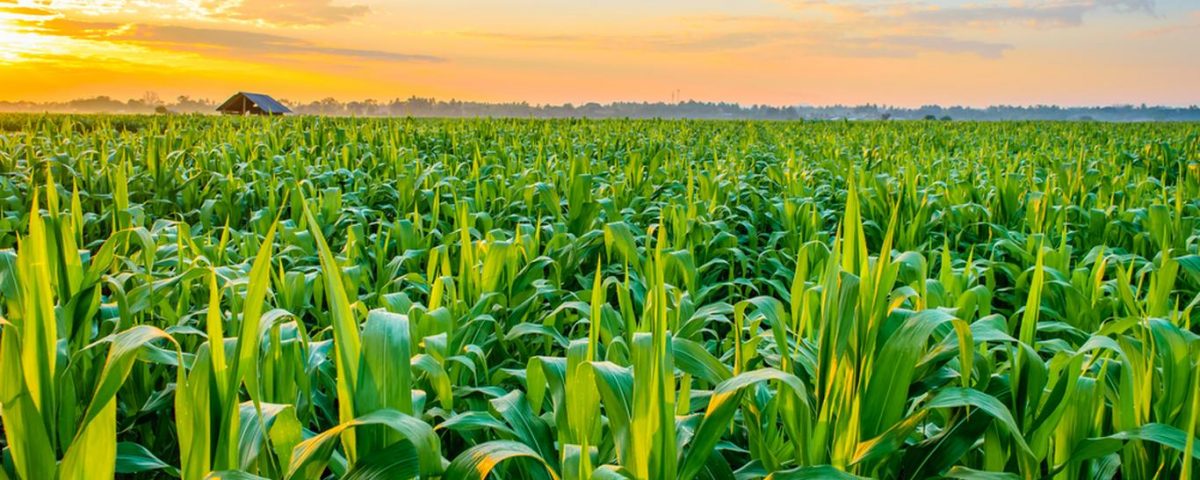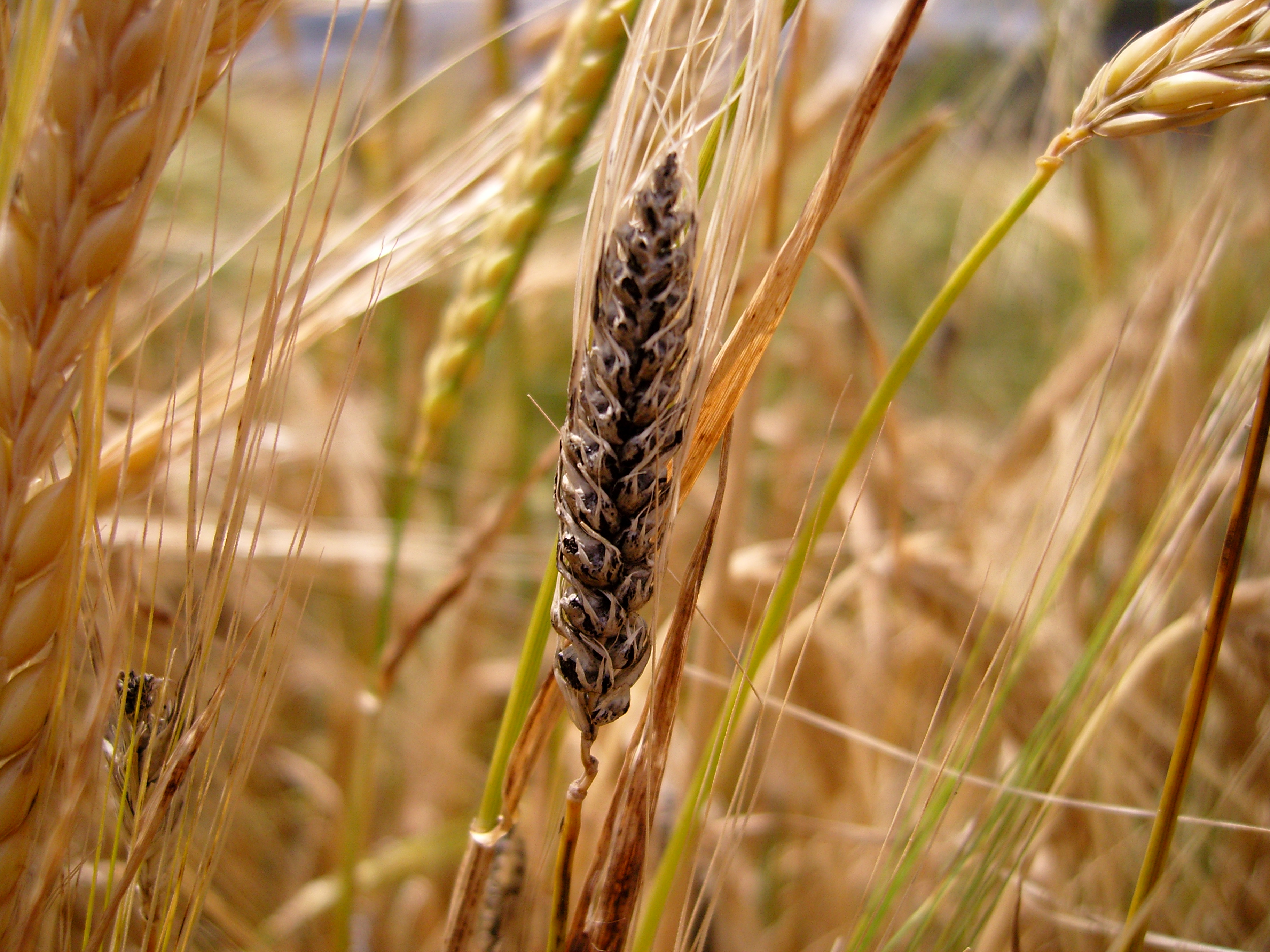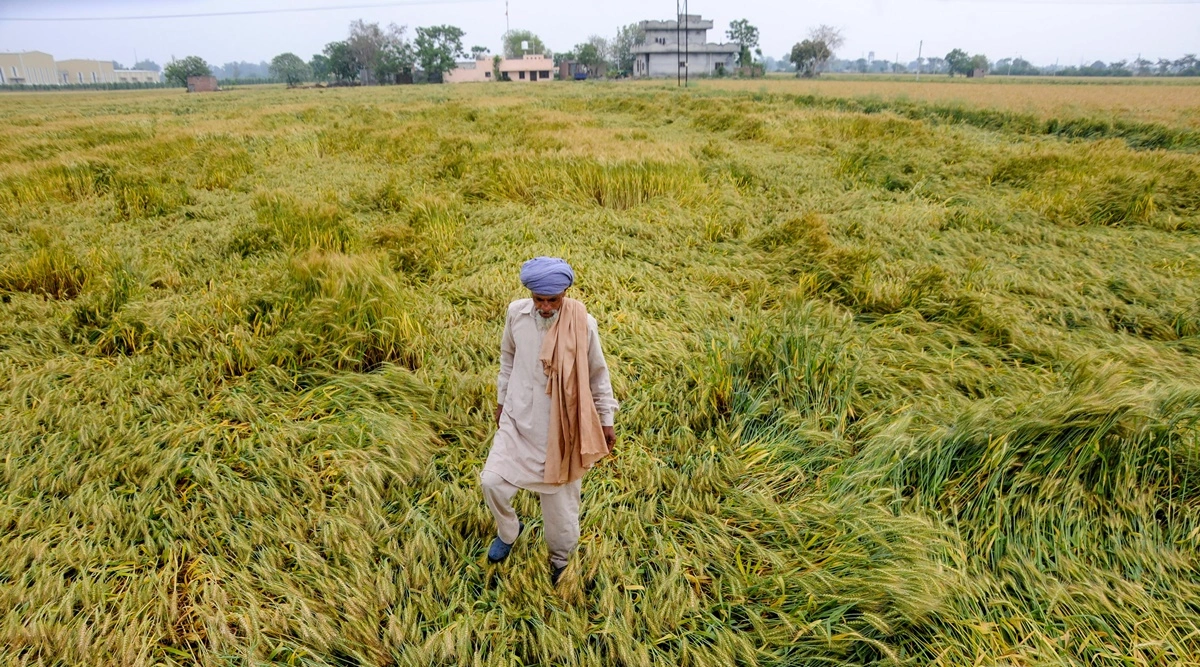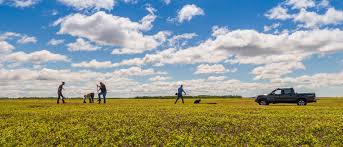To achieve the Sustainable Development Goal (SDG) of zero hunger and increase food security by 2030, governments and multilateral agencies are looking to open data to boost agriculture and farming.
Combating climate change Climate change is one of the biggest threats of our time. With a greater scale of the flooding, long and hard droughts, food insecurity and mass migration, the agricultural sector is under more pressure than ever. By having access to more and better data to measure open data will allow farmers and governments to track temperature changes, map deforestation and biodiversity than they were previously able to. From this, they will be able to devise better decision making and understanding as to what needs to be done. Over time, this will help create a more sustainable and efficient model of farming which is much more environmentally friendly. Pest and disease management Sharing information on pests and diseases with farmers in real-time can prevent further spread; saving crops, and reducing economic losses and environmental damage. However, information on pests and diseases can be considered sensitive due to trade and export impacts. Access to such information means farmers are likely to only use pesticide when responding to a real threat, saving money and the environment. Immediate action when a disease or pest outbreak does occur can prevent severe crop loss and halt the spread of the problem. Underpin innovation By understanding open data, there will be a platform which will enable anybody to look for new and interesting ways to help improve agriculture. With data sharing, knowledge and understanding will grow and spotting interesting patterns within the data can help make changes. This can be in the form of new technology, better farming methods or even new ways to grow crops. This is only possible is data becomes available. Economic growth Open data is seen as a driver for economic growth. It reveals opportunities for businesses within the industry, both large and small, to build new services, identify more cost-effective methods and improve operations. With access to accurate information, farmers are able to maximise their crop yield, meaning more crops can be produced and sold; in turn, this boosts a country’s exports. Businesses can also use open data to learn more about the quality of their products to help attract more customers. This improved efficiency will help grow those in the agricultural chain and allow for more prosperity. Achieving food security With more than 500 million children undernourished, nutrition is a growing global problem. Good quality, comparable, timely nutrition data is vital for guiding government intervention, for improving existing initiatives, and achieving the 2030 UN SDGs targets of eliminating hunger and malnutrition. With universal access to a strong data ecosystem, this would enable farmers to develop their farming and production practises for the better as well as effectively monitoring factors such as food supplies, weather changes and other crucial information. From this, farmers will be able accurately plant more crops as well as produce better quality ones which provide more food for themselves and society. Source - http://www.fareasternagriculture.com
ScaleAgData Stakeholder Engagement Event
22.10.2024The ScaleAgData project is pleased to invite you to our second stakeholder event. Building on the discussions and connections formed during our first webinar, this event will focus on fostering collaboration among stakeholders, providing updates on our project’s progress, and outlining future opportunities for engagement.

Ireland - Rainfall causes crop losses and delayed field work for tillage farmers
While crops have fared better than anticipated, the consistent rainfall has pushed spring operations behind schedule.

Nigeria - Moor Farms launches ₦6 million per acre agricultural investment scheme
A Lagos-based a agribusiness firm, Moor Farms Limited, has launched a three-year agricultural investment scheme requiring a minimum investment of ₦6 million per acre, promising staged returns from cassava, cashew, and corn cultivation.

Nigeria - NAICOM, Agric Ministry deepen food security through insurance
To fortify Nigeria’s food systems and shield farmers from mounting risks in a volatile, uncertain, complex and ambiguous environment, the National Insurance Commission (NAICOM) and the Federal Ministry of Agriculture have forged a strategic alliance aimed at expanding agricultural insurance coverage, de-risking the sector to accelerate sustainable food security nationwide.

Ghana - CSIR Scientists Deploy AI Spore Traps to Outsmart Crop Fungus
Researchers at the Council for Scientific and Industrial Research Crops Research Institute (CSIR-CRI) are piloting a system that traps airborne fungal spores and feeds the data into an artificial intelligence application to predict crop disease outbreaks before they take hold on farms, in what scientists describe as a fundamental shift from reactive to preventive plant disease management in Ghana.

India - Climate Change Ravages Betel Cultivation in the Aravallis, Forcing Farmers to Abandon Their Ancestral Livelihood
Climate change has devastated betel cultivation in Rajasthan’s Aravalli foothills, destroying a centuries-old livelihood of the Tamboli community.

USA - USDA sets spring crop insurance prices
Spring crop insurance prices were finalized by USDA’s Risk Management Agency this week, at $4.62 per bushel for corn and $11.09 per bushel for soybeans.

Bangladesh - Incomplete dam work sparks fear of crop loss in Sunamganj haor areas
Farmers in the haor areas of Sunamganj are gripped by anxiety as unfinished crop protection dams threaten to submerge their Boro fields amid fears of an early influx of water originating from the upstream Indian mountainous regions.

Vietnam - Aid for agricultural insurance premiums proposed to rise
Although agricultural insurance policies have been piloted since 2011, the sector remains new and high risk, creating multiple challenges in implementation.




